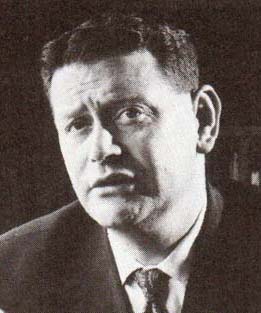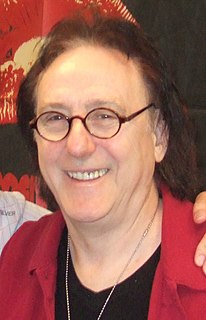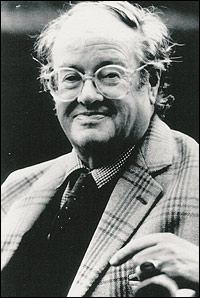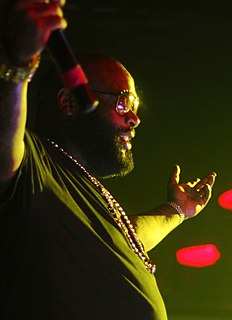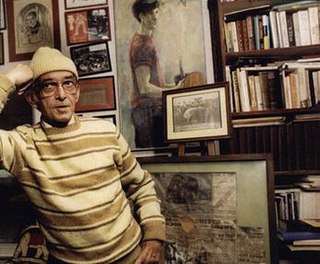A Quote by John Braine
Being a writer in a library is rather like being a eunuch in a harem.
Related Quotes
When you decide 'to be a writer,' you don't have the faintest idea of what the work is like. When you begin, you write spontaneously out of your limited experience of both the unwritten world and the written world. You're full of naïve exuberance. 'I am a writer!' Rather like the excitement of 'I have a lover!' But working at it nearly every day for fifty years ? whether it is being the writer or being the lover ? turns out to be an extremely taxing job and hardly the pleasantest of human activities.
The fame thing is interesting because I never wanted to be famous, and I never dreamt I would be famous. You know, my fantasy of being a famous writer, and again there's a slight disconnect with reality which happens a lot with me. I imagined being a famous writer would be like being like Jane Austen.
Being holy . . . does not mean being perfect but being whole; it does not mean being exceptionally religious or being religious at all; it means being liberated from religiosity and religious pietism of any sort; it does not mean being morally better, it meas being exemplary; it does not mean being godly, but rather being truly human.
